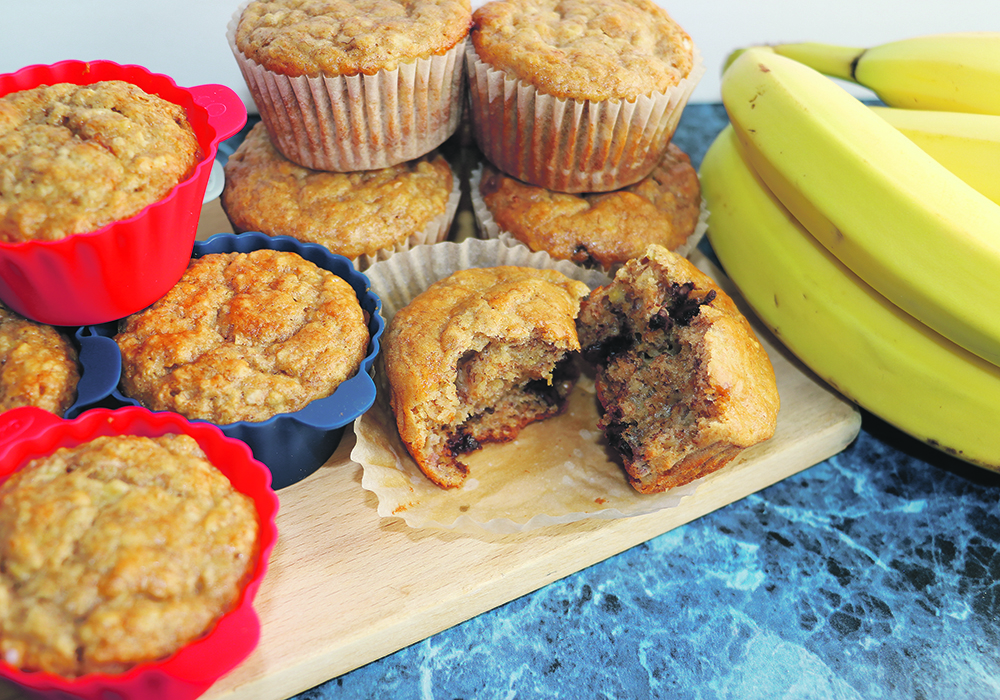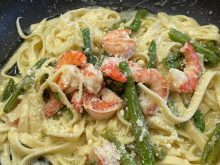The economy of the home is in a state of flux and shock.
Food, fuel and energy prices are increasing. Shopping is now often carried out online, many food items are out of stock, some clothing brands have disappeared and buying a new vehicle is a long-term process that may take a year or more before delivery.
Our dependence on technology has created a shortage of semiconductor chips that are needed to operate many devices in the home as well as vehicles, farm equipment, sewing machines and furnaces.
Read Also

Accurate accounting, inventory records are important
Maintaining detailed accounting and inventory records is not just a best practice; it’s a critical component of financial health, operational efficiency and compliance with programs like AgriStability.
The supply chain issues that became obvious during the pandemic have been affected by a lack of shipping containers, food processors and overseas factories closed due to COVID, forest fires, drought, and floods.
Now with the Russia-Ukraine war causing higher gasoline and fertilizer prices, there will be increased costs for farmers, food processors and distributors, and, ultimately, consumers.
Canadians are dependent on imported goods, especially fresh fruits and vegetables.
During the pandemic, many people stopped shopping in stores and used delivery services or shopped online. Although convenient and safer from a COVID perspective, the online shopping has moved the consumer dollar out of local communities and into the pockets of giant retail businesses. This has or will lead to business closures that will reduce services and choice.
Are there some solutions that can give us control of our lives again?
Customer is king is an age-old mantra reflecting the importance of customers or consumers in every business.
As consumers, each dollar we spend is like a vote for the business it is spent at, the brand that is purchased and the country the item is made in. Making conscious choices about each purchase can give individuals control and as a group consumers can make changes in the economy.
With increasing food, gas and energy costs, it would seem decisions to shorten the distances travelled may be a good starting point.
Planting a garden or a few pots with tomatoes, cucumbers and herbs is one step toward shortening the distance food needs to travel.
Shopping local by buying direct from the producer at U-pick farms, farmers markets, greenhouses, Hutterite colonies and local meat shops shortens the distance and supports local businesses.
Preserving the seasonal bounty, when prices are lower, could lessen winter travel for groceries. Shopping in local communities can shorten the distance travelled to grocery stores.
When at the grocery store, select locally or provincially grown produce and read labels to see where foods are from. Are they Canadian grown and processed?
Challenges can lead to innovation. This is the hope of The Weston Family Foundation, which has launched a $33 million Homegrown Innovation Challenge. Its goal is to identify teams and support the development of tools and technologies to enable Canadian farmers and producers to sustainably and competitively produce fruits and vegetables in Canada year-round on a large scale.
If you have an idea, be part of the change. Contact challenge@westonfoundation.ca for more information.
Look for innovative products like laundry detergent eco-strips that are Canadian created and manufactured. Each four-by-two-inch laundry strip contains ultra-concentrated, hypoallergenic, eco-friendly, liquid-free laundry detergent that is tossed into the wash.
The low-suds formula works in all types of washing machines, including high-efficiency ones. The strips are friendly to the skin and can be bought fragrance free. The eco-strips are packaged in a plastic-free compostable cardboard sleeve. No more big plastic jugs. To source go to www.tru.earth.
Store brands are generally thought to be cheaper than nationally advertised brands. But always check. Recently, I checked on the pasta at our local co-op. The Coop Gold brand of pasta was all made in Italy and the price was 40 cents more expensive per 900 gram package than Canadian made Ital Pasta that uses 100 percent Canadian wheat. We grow durum in Western Canada, which is the main ingredient in pasta, so why is Federated Co-operatives Ltd., the producer of the Coop Gold brand, importing Italian-made pasta?
I have asked the local store as well as FCL this question.
Recent studies have shown that most food waste in Canada occurs at retail stores. Look for “as is” items such as soft or bruised fruits and vegetables that may be on a clearance or quick sale table.
There is a lot of good food value in these discounted items if they are used quickly or cut up and frozen for future use in baking, smoothies or stir fries.
Bananas are a perfect example. Their skins are susceptible to cold and will turn brown, while the banana inside may be just ripe.
A large quantity of soft, over-ripe bananas can be mashed with a little lemon juice and frozen in recipe size containers for future muffins or loaves. Over-ripe bananas make the best muffins.
Banana muffins
Yields 24 muffins.
These are a family favourite.
- 2 c. whole wheat flour 500 mL
- 1/2 c. brown sugar, firmly packed 125 mL
- 1 tbsp. baking powder 15 mL
- 1/2 tsp. baking soda 2 mL
- 1/2 tsp. salt 2 mL
- 1/2 c. nuts, finely chopped 125 mL (optional) or
- 1/2 c. chocolate chips (optional)
- 1 egg
- 1 1/2 c. milk 375 mL
- 1/4 c. canola oil 60 mL
- 1 1/2 c. ripe banana, mashed 375 mL
Preheat oven to 350 F (180 C).
Oil two 12-cup muffin pans or line with parchment paper muffin liners or reusable silicone muffin cups.
Combine flour, sugar, baking powder, baking soda and salt in a large bowl, mix well. Add nuts or chocolate chips, if using.
In another bowl, beat together egg, milk, oil and banana.
Add liquids to dry ingredients and mix just to combine. The batter should still be lumpy.
Fill muffin cups 3/4 full. Bake 18-22 minutes until a toothpick inserted in centre comes out clean.
Bake in a 9x5x3 inch (22×12 cm) oiled loaf pan for 65 to 75 minutes or until a toothpick inserted in centre comes out clean.
Adapted from Purity Cookbook, The Complete guide to Canadian Cooking.
Banana oatmeal muffins
- 2 c. whole wheat flour 500 mL
- 3/4 c. brown sugar, firmly packed 175 mL
- 4 tsp. baking powder 20 mL
- 3/4 tsp. baking soda 3 mL
- 1/2 tsp. salt 2 mL
- 3/4 c. rolled oats, quick or large flake 175 mL
- 1/2 c. nuts, finely chopped 125 mL (optional) or
- 1/2 c. chocolate chips (optional)
- 2 eggs
- 1 1/2 c. milk 375 mL
- 1/4 c. canola oil 60 mL
- 2 c. ripe banana, mashed 500 mL
Prepare as in the above recipe. If using large flaked rolled oats, add to the liquids to soak for half an hour. Then mix with dry ingredients.
Betty Ann Deobald is a home economist from Rosetown, Sask., and a member of Team Resources. Contact: team@producer.com.















